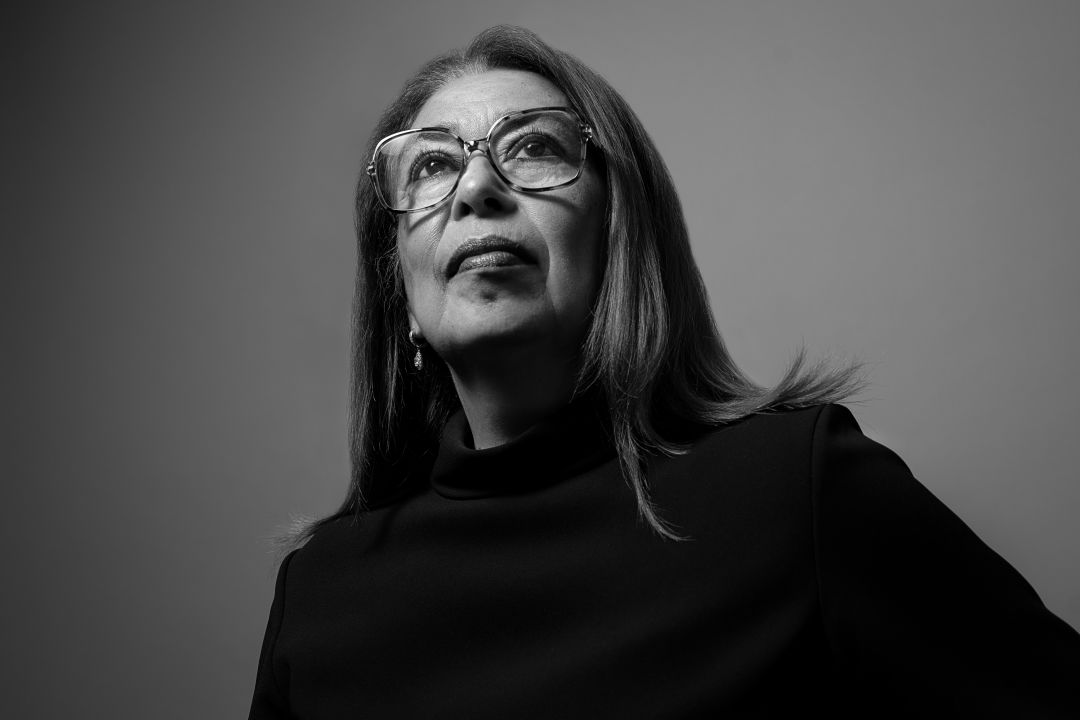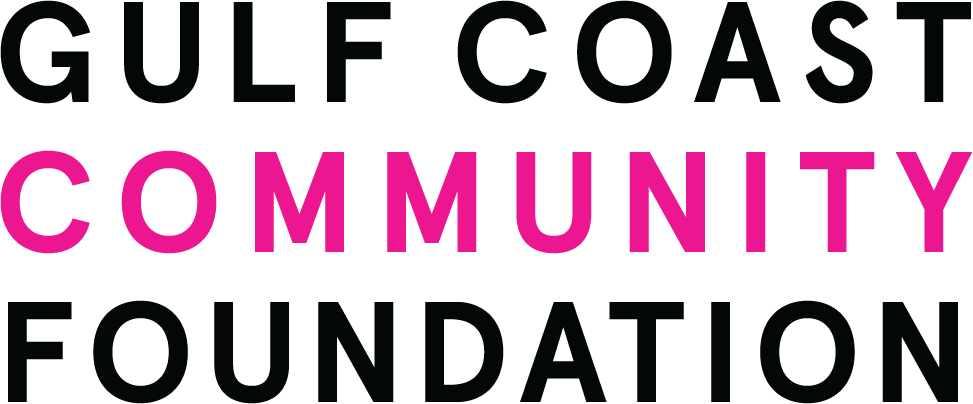Dale Booker on the Experiences That Shaped Her and the Realities of Living in Florida as a Black Woman
This article is part of the series Listening to Diverse Voices, proudly presented by Gulf Coast Community Foundation.

Dale Booker
Image: Michael Kinsey
Born in Flushing, New York, and raised in East Orange, N.J., Dale Booker is a woman with a quiet confidence. After graduating with an MBA from Columbia University's Graduate School of Business, Booker spent a long career with multinational financial services corporation Citigroup, growing from senior manager to co-brand partnership director to head of global travel partnerships.
Her role at Citigroup took her to 34 countries, where she negotiated contracts with more than 20 airlines and three hotel partnerships, including American Airlines, Hilton Hotels, Morgan Stanley and Expedia. She retired from Citigroup in 2019 after 33 years with the company.
In 2009, Booker and her husband of 38 years purchased a home in Venice. Until her retirement 10 years later, Booker commuted between New York and Florida, leaving Monday mornings on a 6 a.m. flight and returning on the last flight back on Wednesday nights.
After retiring, Booker quickly became involved in the community, from working with Dollar Dynasty to serving on the board of Venice Hospital. Now 69, she currently serves as president of the Masala Giving Circle.
Did you experience racism as a child?
“An early experience with racism happened when I was a teen. In 1972, my mother took five of my siblings and me on a driving trip from New Jersey to Florida for Christmas vacation. My dad remained at home to work.
“During our first stop, we checked into a motel in Richmond, then drove to a family restaurant for dinner. We waited a very long time for a table—in fact, we were the only family not being seated. My mother, usually very prim, proper and quiet, had enough and had words with the hostess before she ushered us out to the car. We made our way to McDonald's for a drive-through dinner.
“What I didn’t realize was that the restaurant had no intention of seating us, and my mother knew it. She protected us by not scarring our long-awaited holiday trip with the truth of why we had to go to a fast-food restaurant rather than have a civil meal in a restaurant."
Have you experienced similar situations today?
“Although that was years ago, it's not uncommon for my family to experience similar situations today. For example, last Father’s Day, I made a special reservation on weekend trip to Key West. We arrived at an early hour to an almost empty restaurant, where we had to wait an exceptionally long time while the hostess ‘checked’ for a window table, which I had requested upon making the reservation. She eventually seated us at the worst table in the restaurant—right by the kitchen door—and refused to offer another option. After complaining to the manager, we were moved to another table, but not one with a view, as requested.
“Not surprisingly, we later overheard a walk-in Caucasian couple being offered a table with a view, despite not even having a reservation. The more things change, the more things stay the same.”
How can others support you in a moment of blatant racism like that?
"While I was driving on the Connecticut turnpike with my daughter, my white friend and her daughter, on a college tour, a young white girl, clearly not experienced with driving, hit me from behind. We pulled over, and when the officer arrived, I didn’t get out of the car. I know better than to do that.
"The officer came to my window and began screaming at me to give him my driver’s license and insurance card. He was treating me like I had backed into her on the turnpike. My friend got out of the car, asked the officer to speak with her at the back of the car and told him that he was treating me differently than he would treat her. It’s a testament to others to speak up when something doesn’t feel right.
"There I was, a grown woman, and didn’t feel like I could stand up for myself because the situation could have escalated and I could have ended up in handcuffs. My friend was appalled and spoke up. People could do that more. Even if it’s in a social gathering. Just say something."
You’ve been to 34 countries. Was there a difference in your reception overseas compared to the U.S.?
"People are less sensitive around the world, meaning they don’t seem to judge color as much as they do in the U.S. Here, race is much more important to people than in other countries.
"In my business, people formed an opinion based on my competency, capability and professionalism. I never experienced an instance where my color had anything to do with the reaction of colleagues or clients—it was based on me handling my job with expertise."
What is it like living in Florida as a Black woman?
"It’s disconcerting that many of Florida's transplants seem to have never been exposed to Blacks before—let alone lived, shopped and interacted with them. It should have surprised me, but it didn’t.
"My husband, an attorney and retired judge who still has a successful practice in New Jersey, and I live in a gated community. He used to take regular morning walks outside the development. Then, two years ago, someone called him the n-word from a passing truck. It’s scary. Now, he primarily walks on a treadmill in the gym."
How do you interact with those who haven’t been exposed to Black people?
"I do my best to help them understand things from a Black person’s perspective— for instance, why we get stopped by the police more than white people. Or how when we walk into a store, we know we will be followed. Or how the level of service in a restaurant will be different. I do my best to make those interactions teaching moments. However, sometimes it’s taken as a disbelief—they are often unaware these things happened and are still happening. I just can’t be silent about it.
"Recently, I was speaking to a couple of white women about an interesting book, Before the Street Lights Come On by Heather McTeer Toney. While sharing some of what the book covered, I explained how Black women solve problems that most Americans don’t think of. For instance, during the shortage of baby formula, Black women used condensed milk and water. We have ever since I can remember. This is not unusual for Black women; in times of struggle we have made do and made money, food, etc. stretch. Back to the days of slavery, we would take scraps of food that no one else wanted to eat and make a meal. We have those basic survival skills. If you haven’t had to experience it, you wouldn’t know.
"Back to the book discussion. One of the women asked, ‘How do you know her credentials?’ Immediately, the credentials of the Black author were in question. It was nice that the other white woman supported me and asked, ‘What would make you question this?’
What would you like your white friends or acquaintances to be doing right now?
"I would like them to be open to hearing more than just one side of the story. For instance, when I go to the gym in the morning, all six TVs are tuned to Fox News. So I go around and change three of the televisions to different channels. I’m not averse to hearing Fox, nor would I presume to change all the channels from Fox, but when only one point of view is the resource for information, that’s troubling."
Listening to Black Voices is a series created by Heather Dunhill




